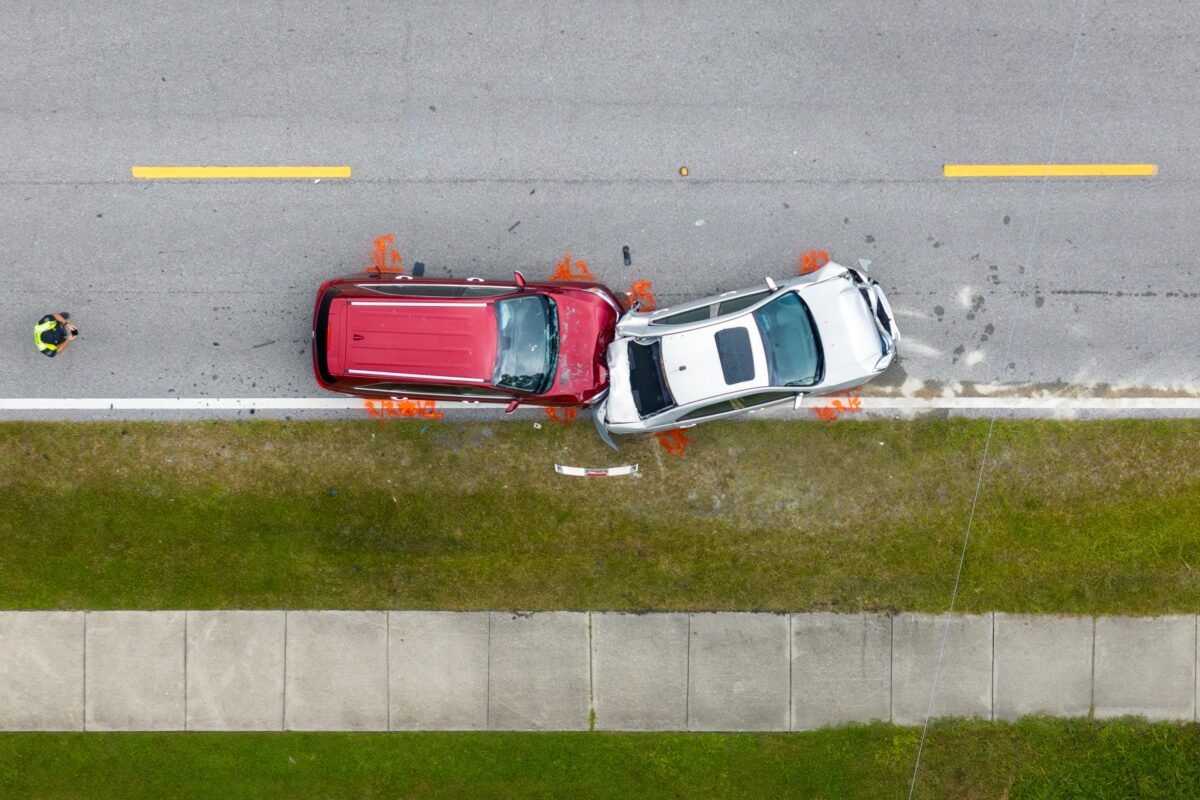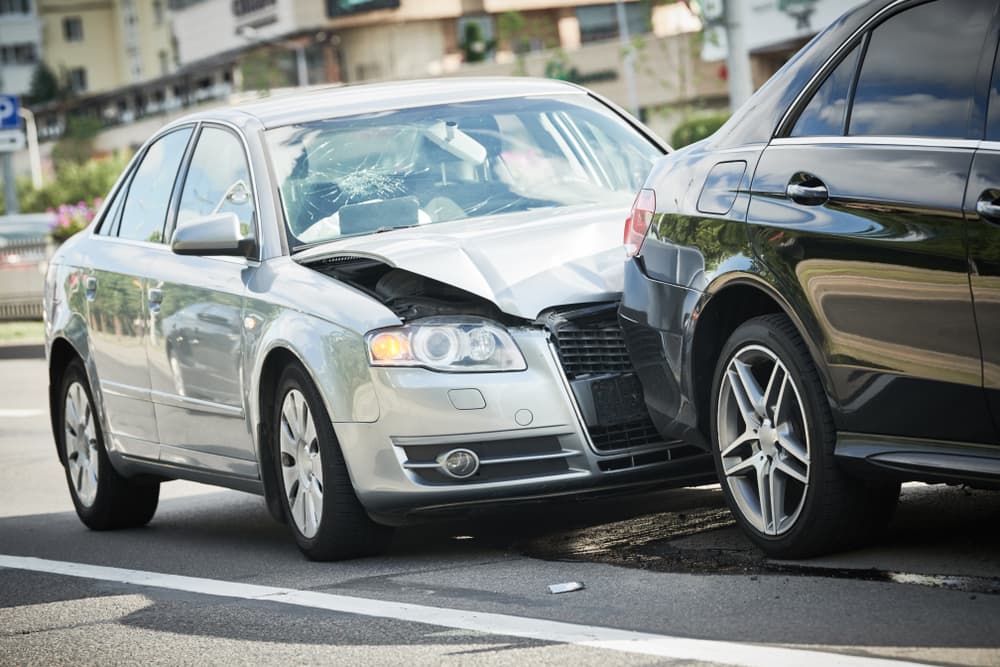
As the parent and husband of very accomplished riders, I know the pleasure (and work; and expense) of dealing with horses and riding activities. I also know the potential for serious injury because of the size and unpredictability of horses, and the nature of riding activities.
South Carolina, like many other States, has enacted an ‘Equine Immunity Statute’, 47-9-720, which applies when injuries related to riding and other horse related activities occur. This statute states, in brief, that an ‘equine activity sponsor’ or an ‘equine professional’ is not liable for injuries or death that result from an inherent risk of participation in equine activity. This means that the participant assumes certain foreseeable risks, such as being thrown, kicked, bitten, stepped on, and other normal risks involved when dealing with horses.
However, anyone participating in these activities is responsible for insuring that they do not engage in activities beyond their training or skill level, that they do not work with or ride horses beyond their experience level and training, and that they inform the owner or stable accurately regarding their current riding level and experience. They should also ask the owner or stable about any specific issues with the horse (just like people, horses have distinct personalities, and just like people, some are difficult), and that they inspect all tack and equipment prior to working with the horse or around the stable.
Common sense dictates that no one ride without a properly fitting helmet, vest if appropriate (jumping, cross country or eventing, depending on experience level), and appropriate footwear (no flip-flops, please). Having a 1,000+ pound horse step on your foot or falling from 4-5 feet off the back of a horse at any speed usually is quite painful, even with proper equipment. Without proper equipment, it will most likely result in serious injury such as a brain injury or spinal injury.
The owner or stable must post conspicuous signs as described in 47-9-730, ‘at a clearly visible location on or near stables, corrals, or arenas…or once at the primary entrance to any riding trail…’ with the specific language of the statute:
WARNING: Under South Carolina law, an equine activity sponsor or equine professional is not liable for an injury to or the death of a participant in an equine activity resulting from an inherent risk of equine activity, pursuant to Article 7, Chapter 9 of Title 47, Code of Laws of South Carolina, 1976.
Failure to post these signs results in a waiver of the immunity statute. Signs that comply with this section are readily available at tack shops, online and from the Horseman’s Counsel of South Carolina. Anyone who keeps horses for any purpose, should and must post and maintain these signs as required by the statute, or accept the potential consequences.
The waiver does not provide total immunity under certain circumstances. If the injury results from a known or obvious defect in equipment provided by the owner or stable, or results from providing a horse beyond the known capabilities of the rider, the immunity may not apply. Also, some ordinary premises liability type rules apply. If the injury occurs because of a dangerous condition on the land (holes, etc.) and the owner or stable owns or is in possession of the land and ‘knew or should have known’ of the condition, and failed to warn about the danger, the waiver may not apply. Finally, if the owner or stable is grossly negligent or intentionally causes the injury, immunity does not apply.
For people fortunate enough to form a relationship with a horse (or horses), there can be nothing better or more satisfying. As with any other potentially dangerous activity, however, a little common sense and caution is necessary. If you or a loved one suffers a serious injury from any cause, Just call Joye Law Firm. We are available to take your calls 24/7.

































